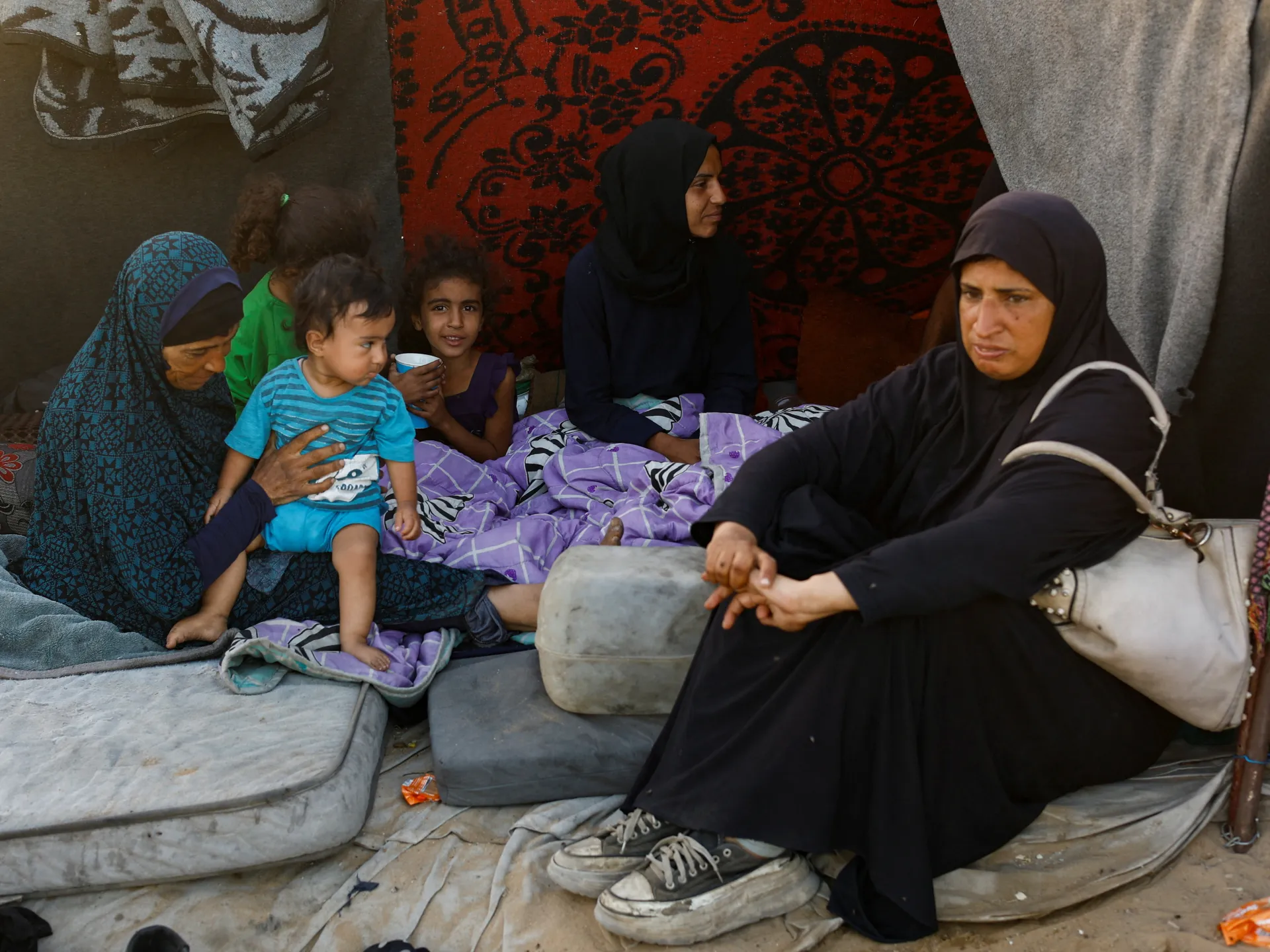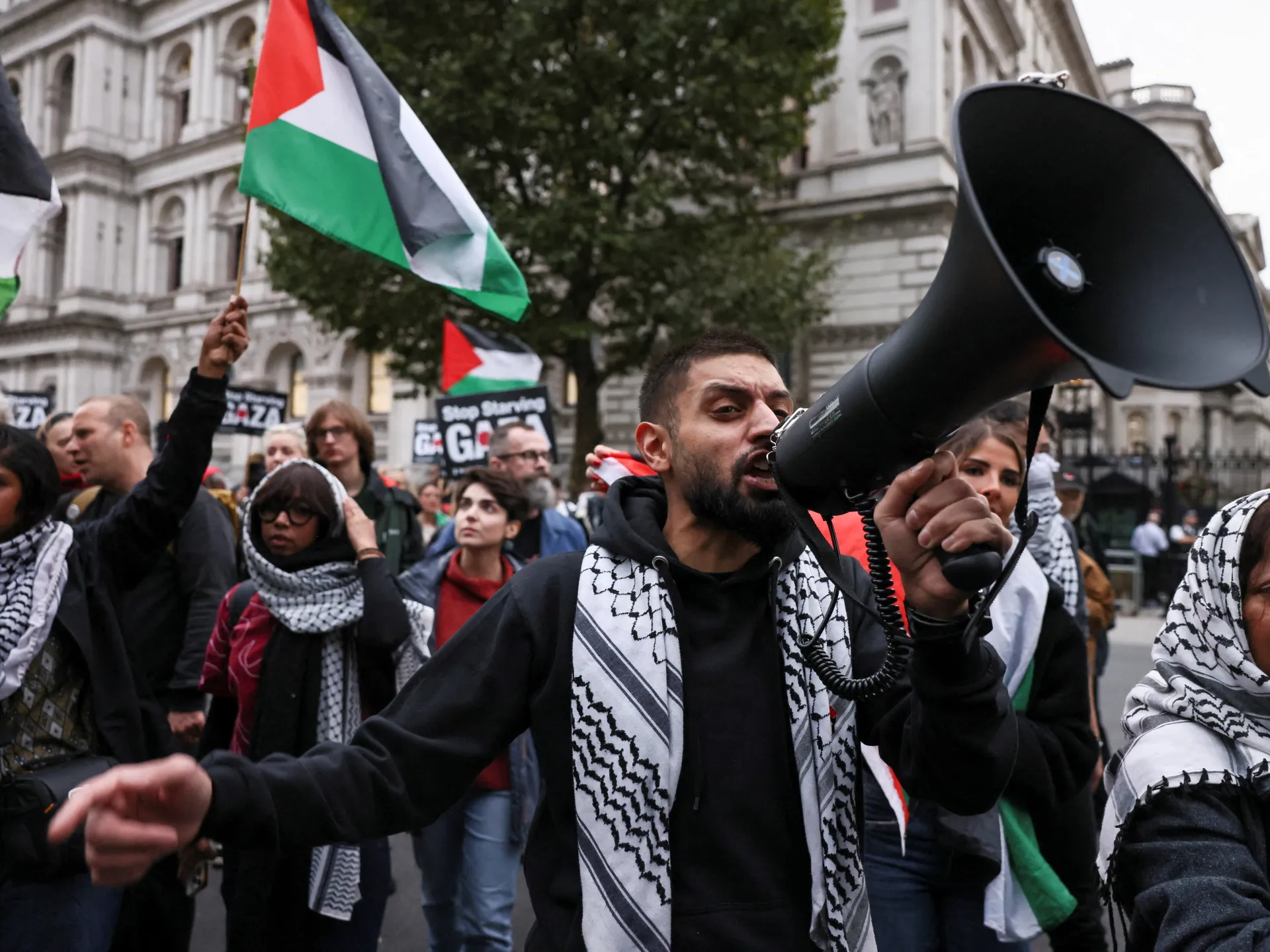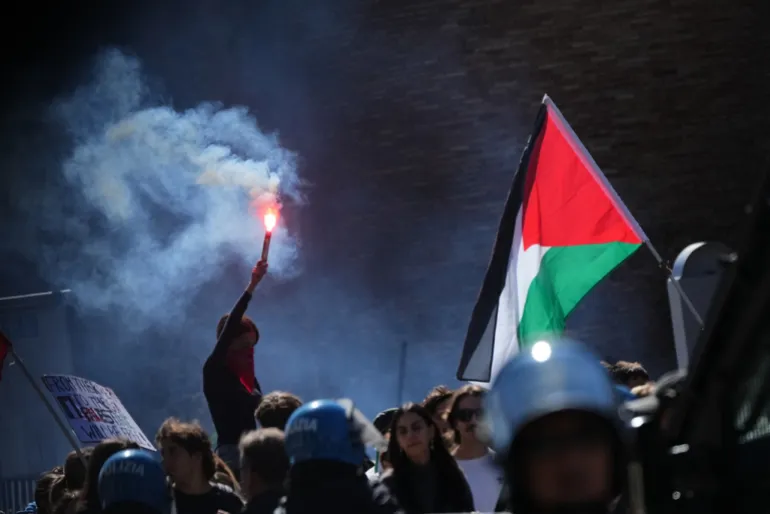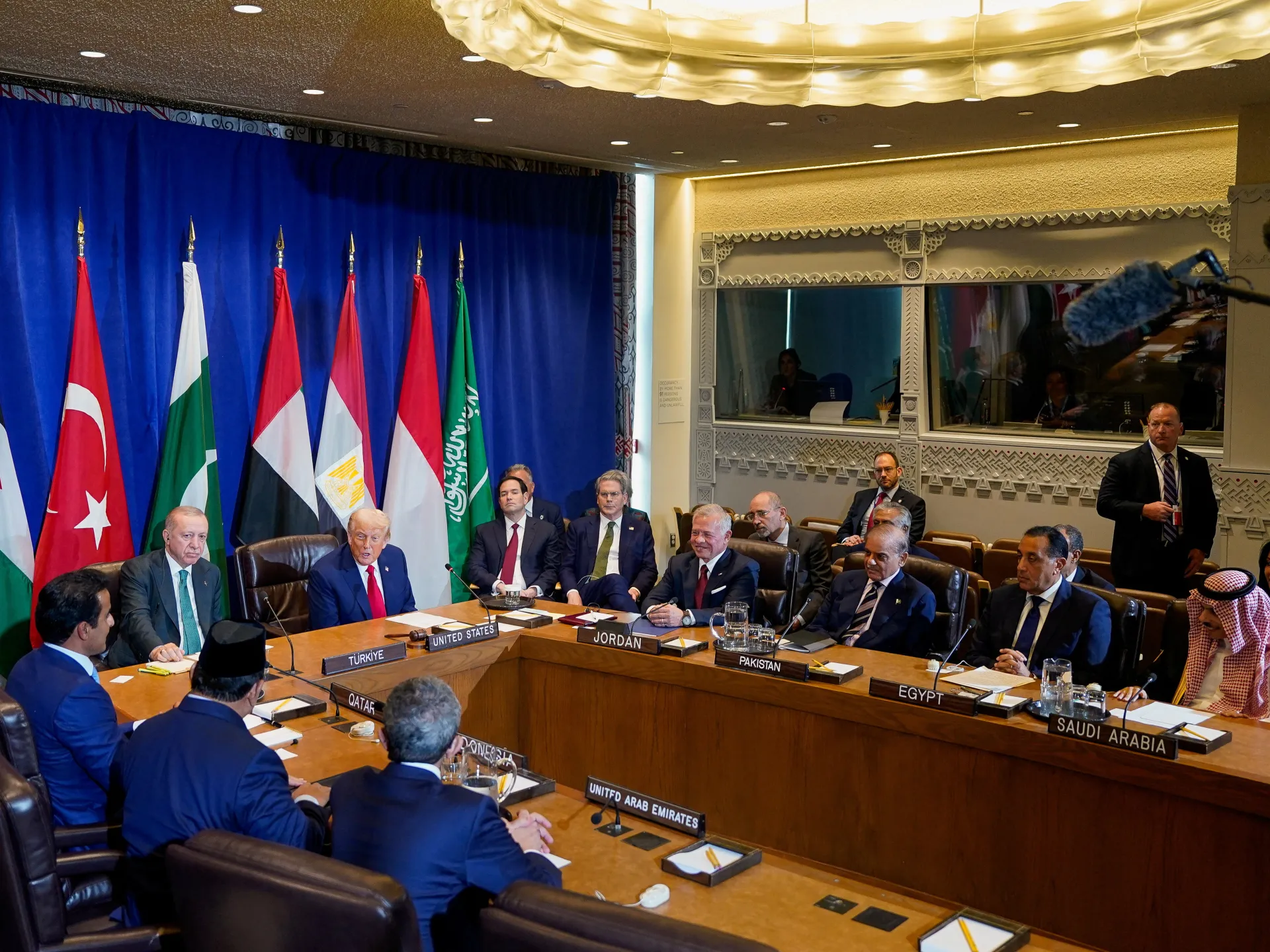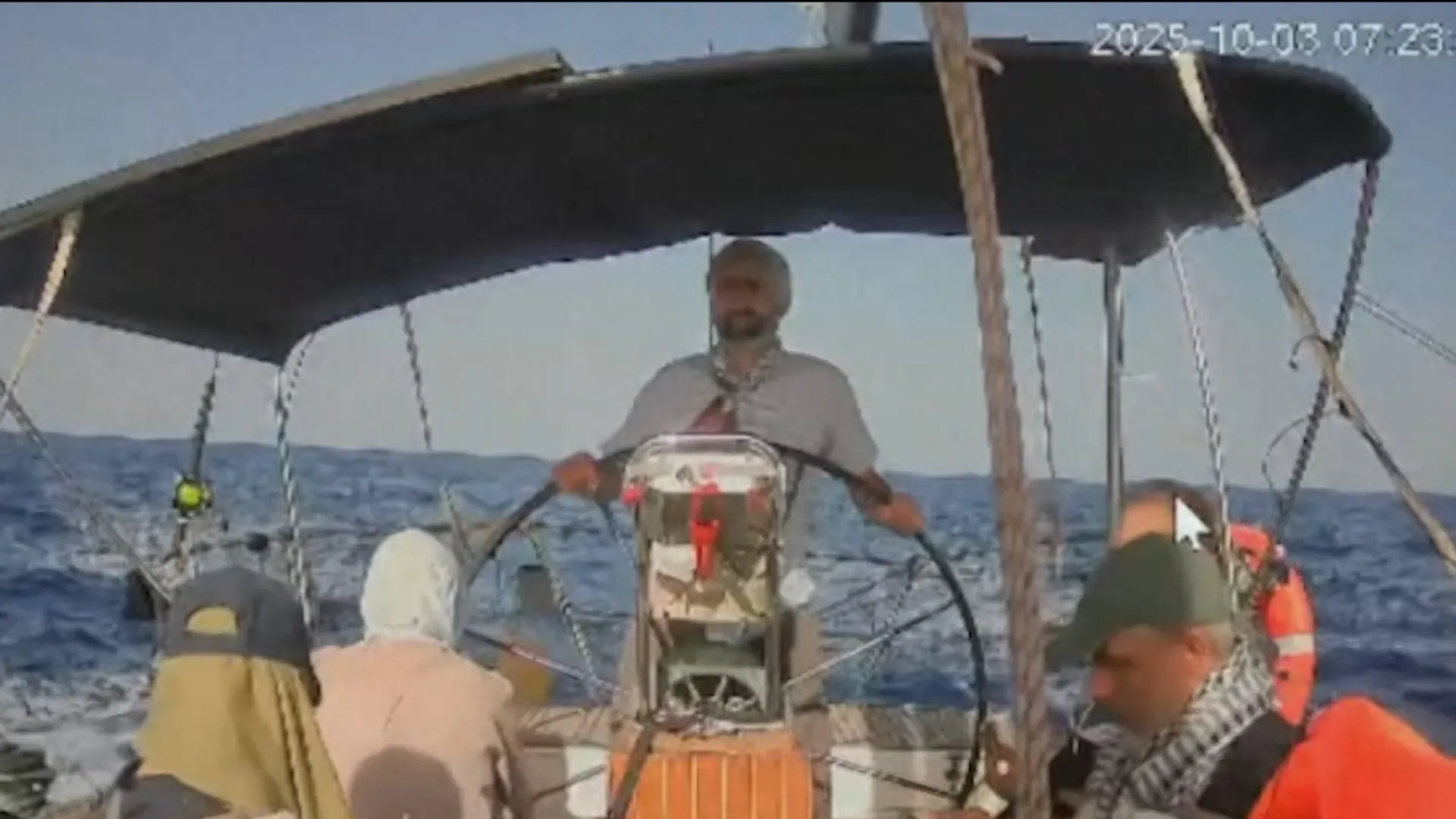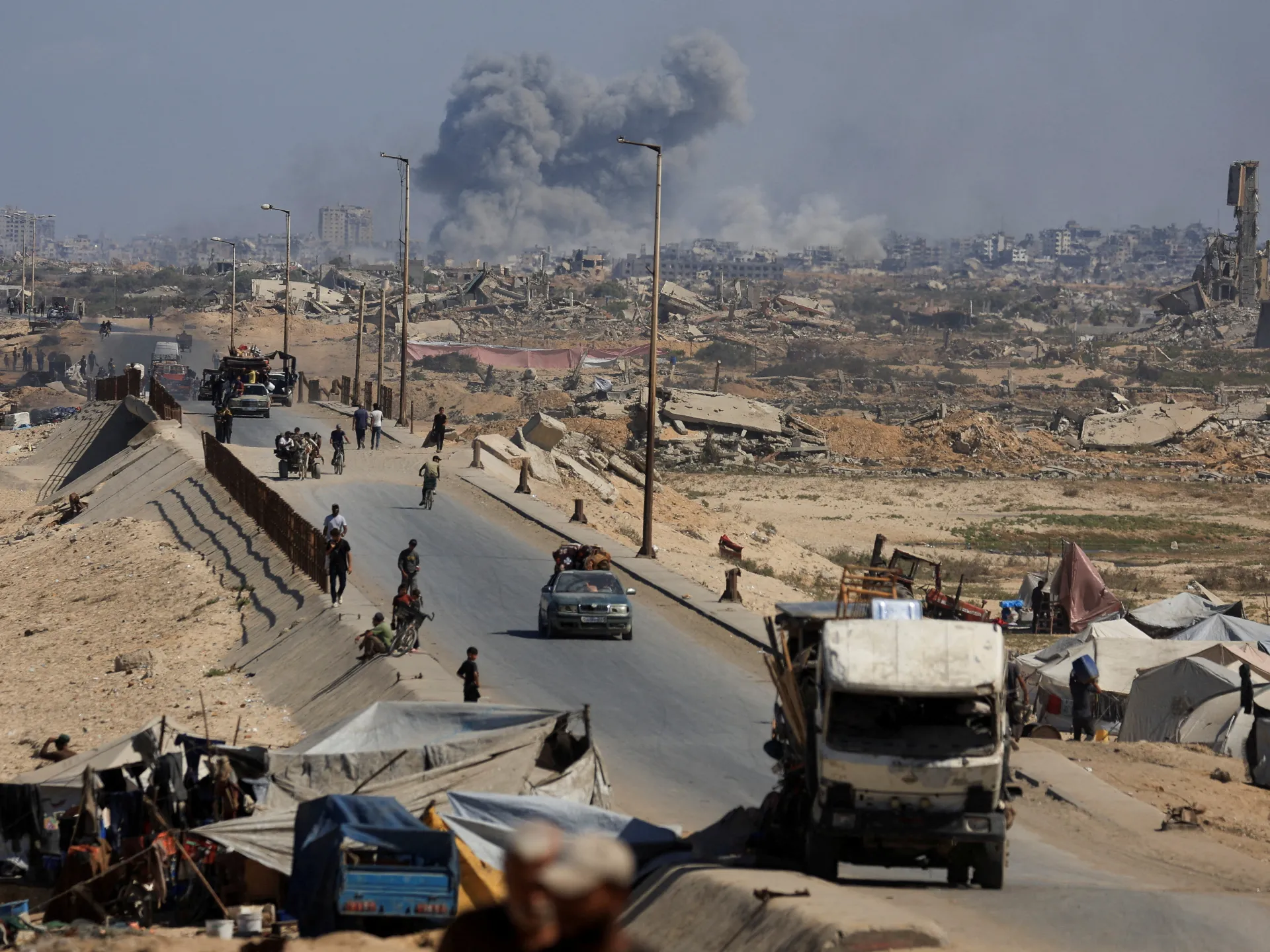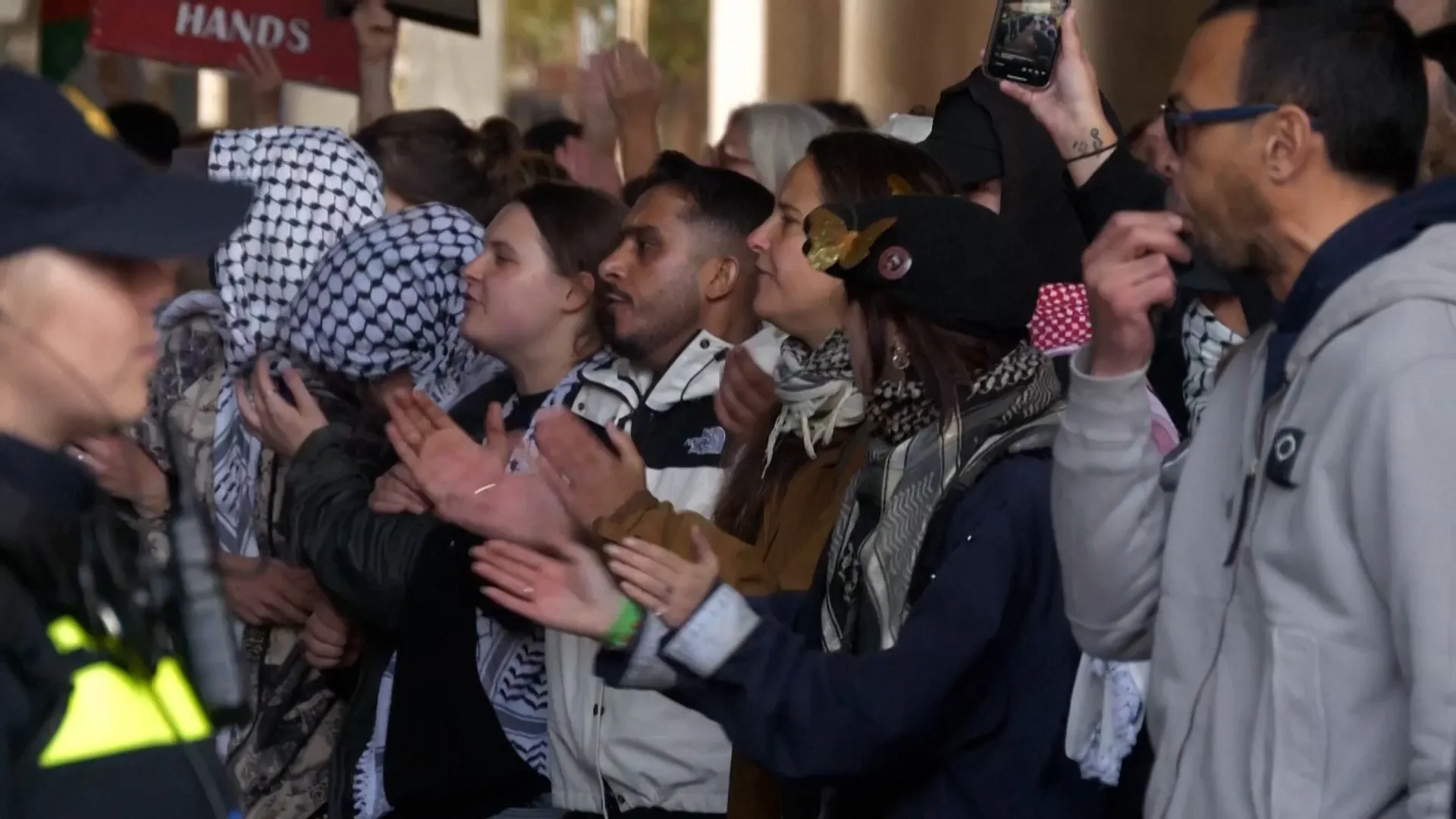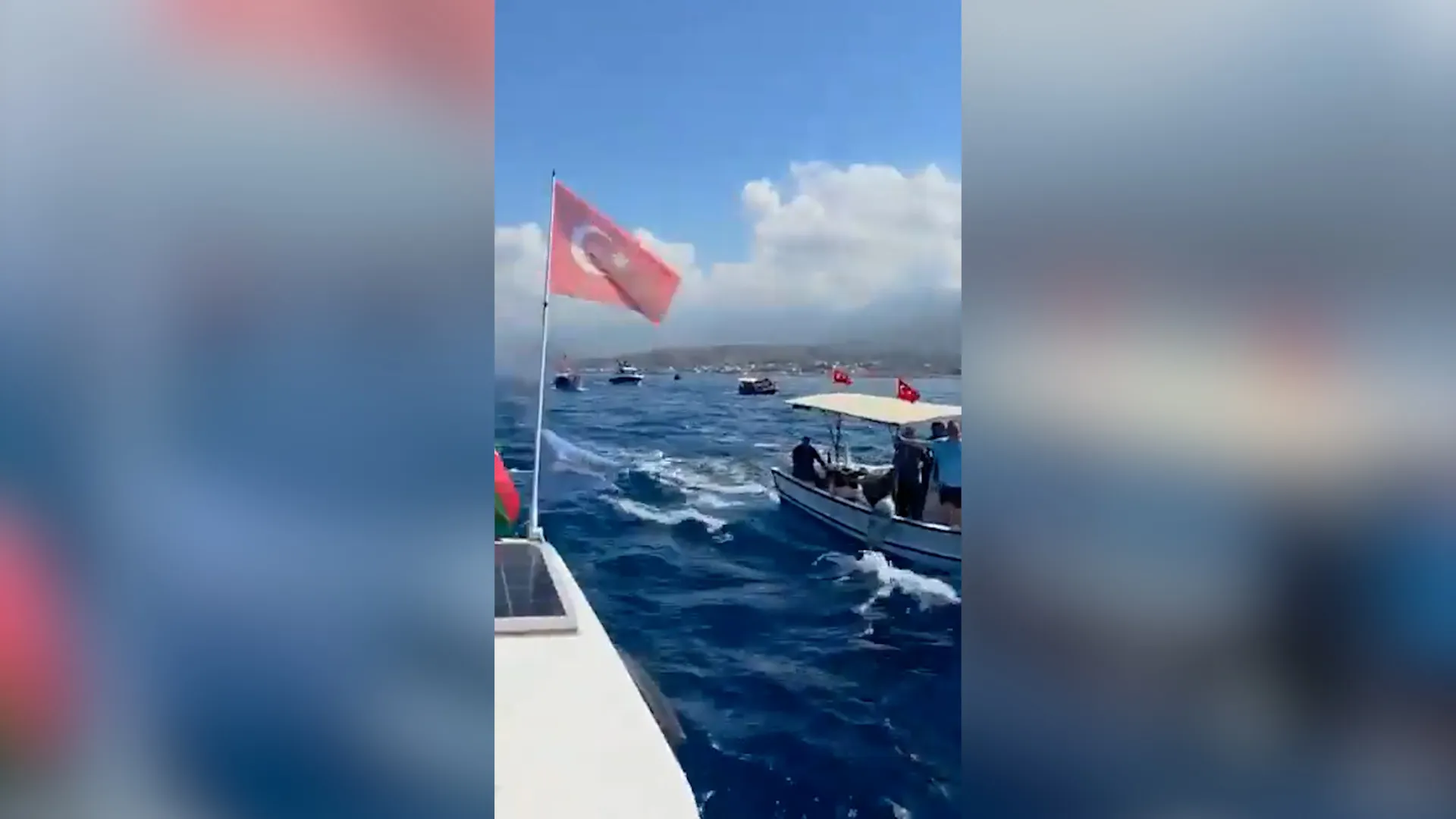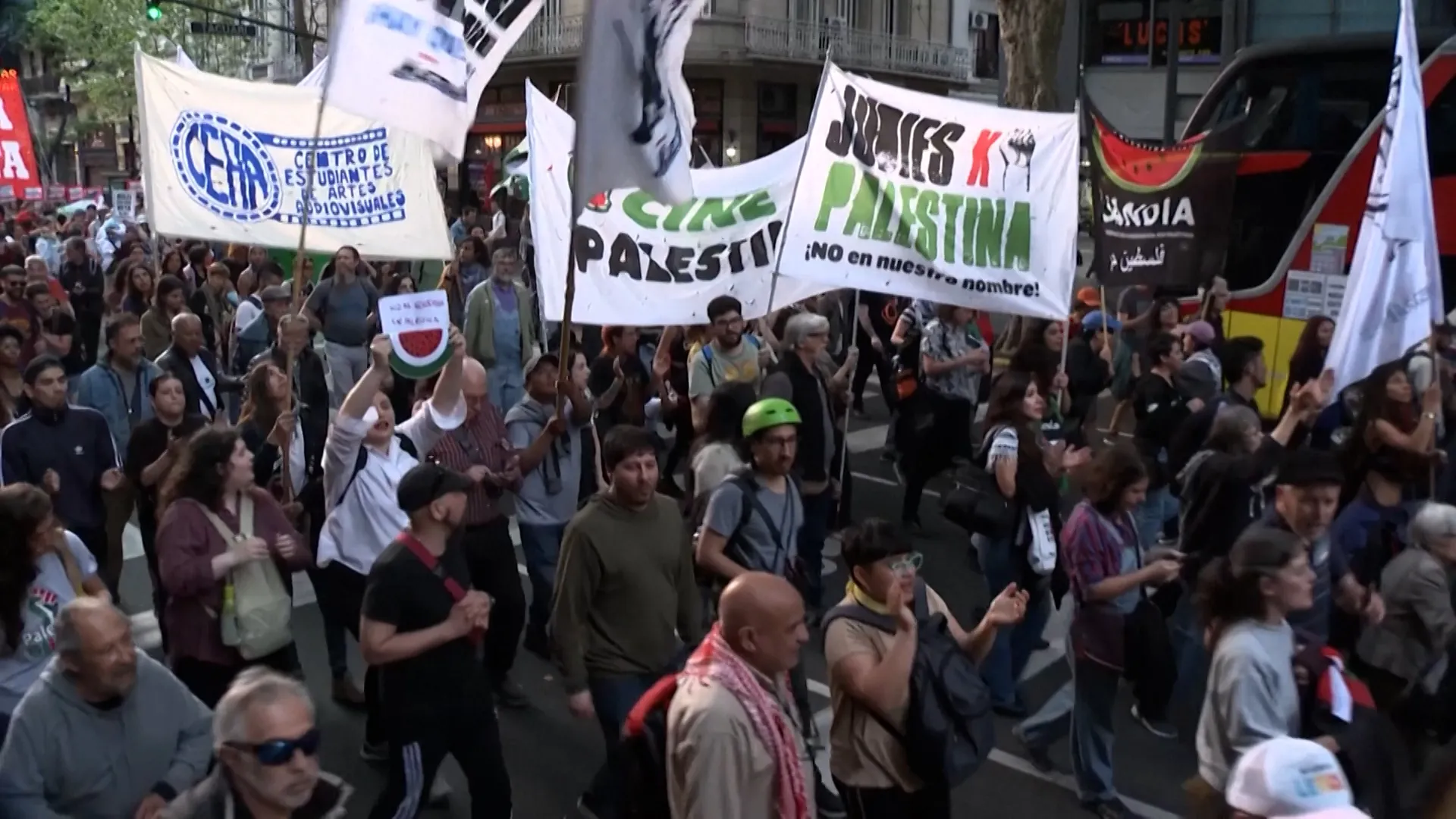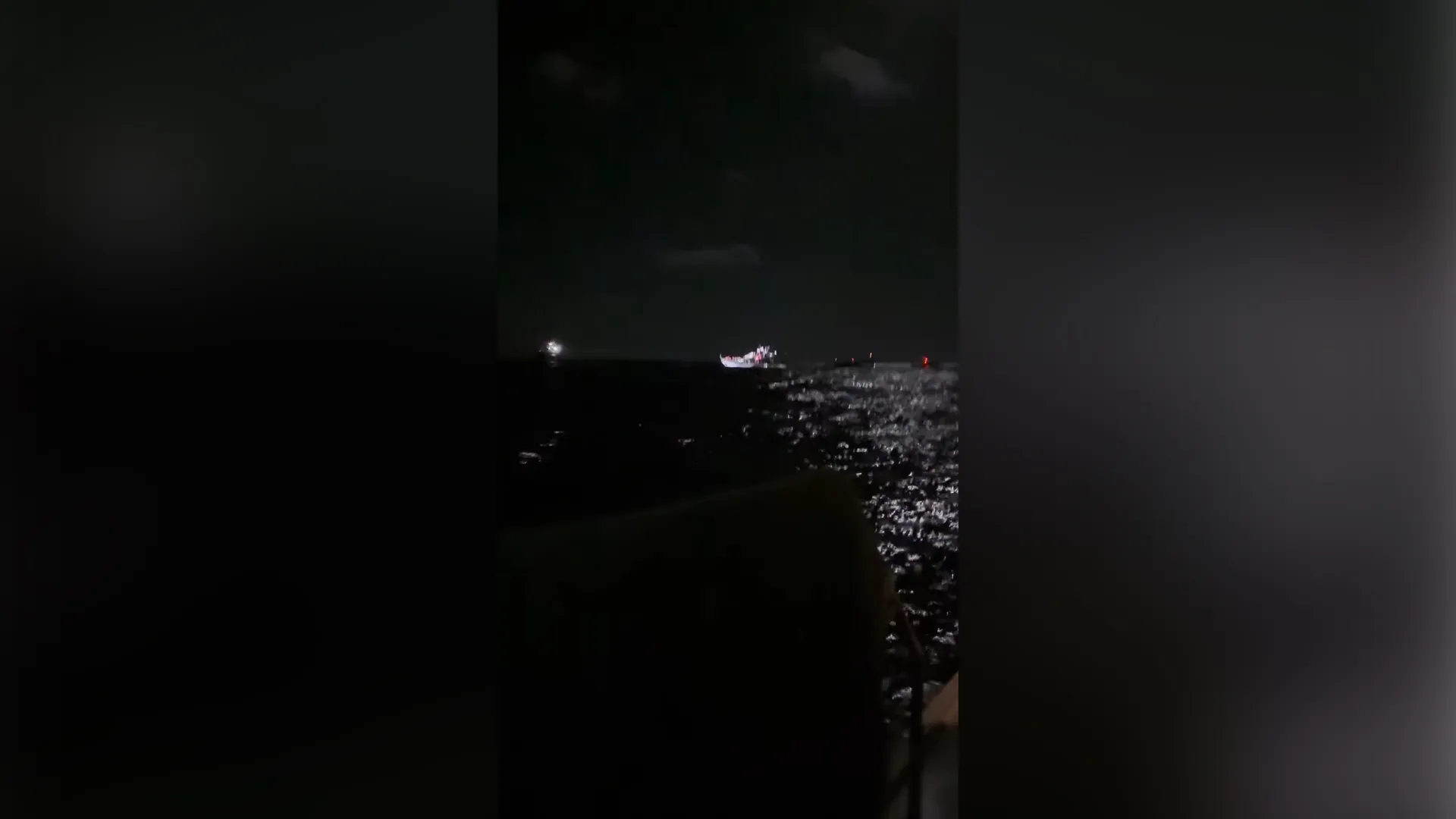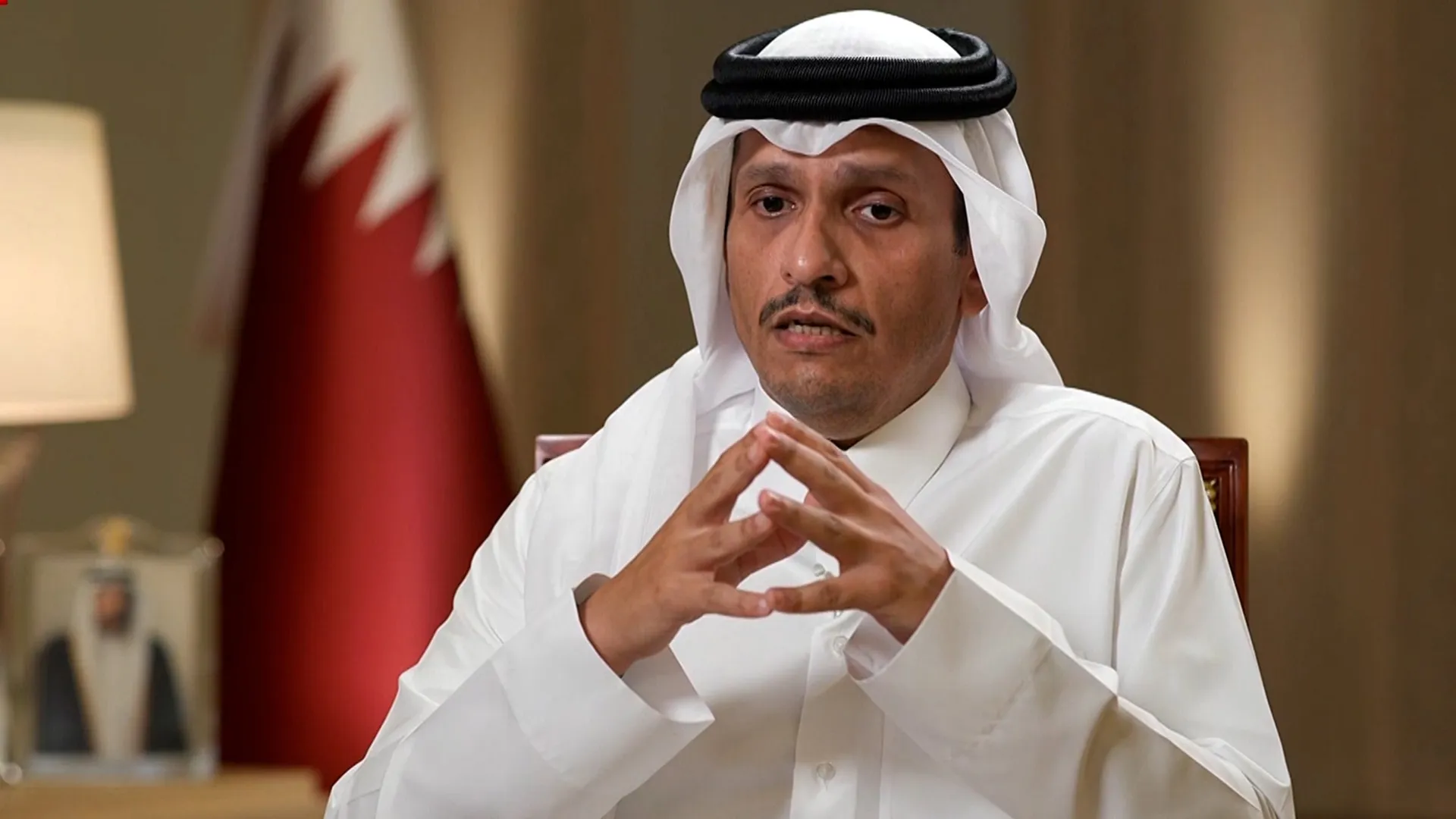How did Hamas respond to Trump’s Gaza deal? What did Trump say in response? | Israel-Palestine conflict News
Hamas has submitted its response to United States President Donald Trump’s Gaza ceasefire deal, agreeing to free all the Israeli captives it holds, but asking to negotiate other aspects of the 20-point plan.
Trump – who had given the Palestinian group a deadline of Sunday to respond positively to the deal – has reacted by demanding Israel immediately stop bombing Gaza.
Recommended Stories
list of 3 itemsend of list
Is this finally the end of a war that has dragged on for almost two years, killing more than 66,000 Palestinians? Or are there more pitfalls ahead?
Let’s take a closer look.
How did Hamas respond exactly?
Hamas has said that it has agreed to release all Israeli captives held in Gaza, both dead and alive, “in a manner that achieves” an end to Israel’s war and a full Israeli withdrawal from the Gaza Strip.
It also said that it would hand over power in Gaza to a body of Palestinian technocrats.
On the rest of Trump’s 20-point plan, which included the disarmament of Hamas, the group said that it should be “discussed within a comprehensive Palestinian national framework, in which Hamas will be included and will contribute with full responsibility”.
Has Trump responded positively?
Trump has welcomed the Hamas response, and wrote on his Truth Social site that he believes the Palestinian group are “ready for a lasting PEACE”.
In a major announcement, he also said that “Israel must immediately stop the bombing of Gaza” so that the captives could be released.
“We are already in discussions on details to be worked out. This is not about Gaza alone, this is about long sought PEACE in the Middle East,” he wrote.
Trump then released a video message reiterating that he considered Hamas’s response a win.
“This is a big day. We’ll see how it all turns out. We have to get the final word down in concrete,” he said. “I just want to let you know that this is a very special day… Everyone was unified in wanting this war to end and seeing peace in the Middle East, and we’re very close to achieving that.”
What is Israel’s position?
Trump announced his Gaza peace plan on Monday, alongside Israeli Prime Minister Benjamin Netanyahu in the White House.
Netanyahu said at the time that he supported Trump’s plan, because – he said – it would achieve Israel’s war aims.
“It will bring back to Israel all our hostages, dismantle Hamas’s military capabilities and its political rule, and ensure that Gaza never again poses a threat to Israel,” Netanyahu said.
But the prime minister also had some caveats. In the White House, Netanyahu noted that if Hamas rejected the plan, “or if they supposedly accept it and then basically do everything to counter it”, Israel would “finish the job by itself”.
And a few hours later, speaking in Hebrew to a domestic Israeli audience, Netanyahu said that he had not agreed to a Palestinian state, and promised that the Israeli military would stay in most of Gaza.
What will be the main sticking points?
Hamas has made it clear that it is not willing to accept several aspects of Trump’s plan, including an interim administration led by Trump and former British Prime Minister Tony Blair.
“We will never accept anyone who is not Palestinian to control the Palestinians,” Hamas senior official Mousa Abu Marzouk told Al Jazeera, adding that the appointment of Blair was particularly unwelcome because of his past involvement in the invasion of Iraq.
The topic of disarmament will also be problematic. Trump and Netanyahu say the group must immediately lay down its arms, but Hamas has only said that it is willing to discuss the topic.
“Hamas’s statement says that the future of Gaza – the future of the whole struggle – will be left to Palestinian consensus,” said Al Jazeera’s Ali Hashem. “They want a broader Palestinian consensus to reach a final answer. So, what’s clear is that Hamas said, ‘Yes – but …’”
Will Israel really stop bombing Gaza?
The Israeli government is likely to be unhappy with Trump’s positive reaction because Hamas has not simply agreed to all its demands. It is already being reported, according to Axios reporter Barak Ravid, that Netanyahu was “surprised” at Trump’s response, and viewed Hamas’s answer as a “rejection” of the plan.
Netanyahu’s government is dominated by the far-right, who have warned that they will bring down the prime minister if he agrees to a deal that they do not like. For its part, the Israeli opposition has indicated that it supports the deal, but a lack of trust between them and Netanyahu means that a coalition between them will be difficult to achieve.
Much will now come down to how far Trump is willing to twist Netanyahu’s arm and force him to agree to a deal.
“You can imagine the forces gathering here in Washington, DC, right now, attempting to change Donald Trump’s mind,” said Al Jazeera’s Shihab Rattansi, reporting from Washington.
“All of this now depends on how committed he is and how much pressure the mediators … are putting on him to keep to the terms of this agreement [and] not, as in the past, allow Hamas to live up to the agreement and allow Israel to resume the war again,” Rattansi added.
In the meantime, Israel is continuing to bomb Gaza, with a particular focus on Gaza City. At least 72 Palestinians have been killed by Israel since dawn on Friday, according to medical sources.
